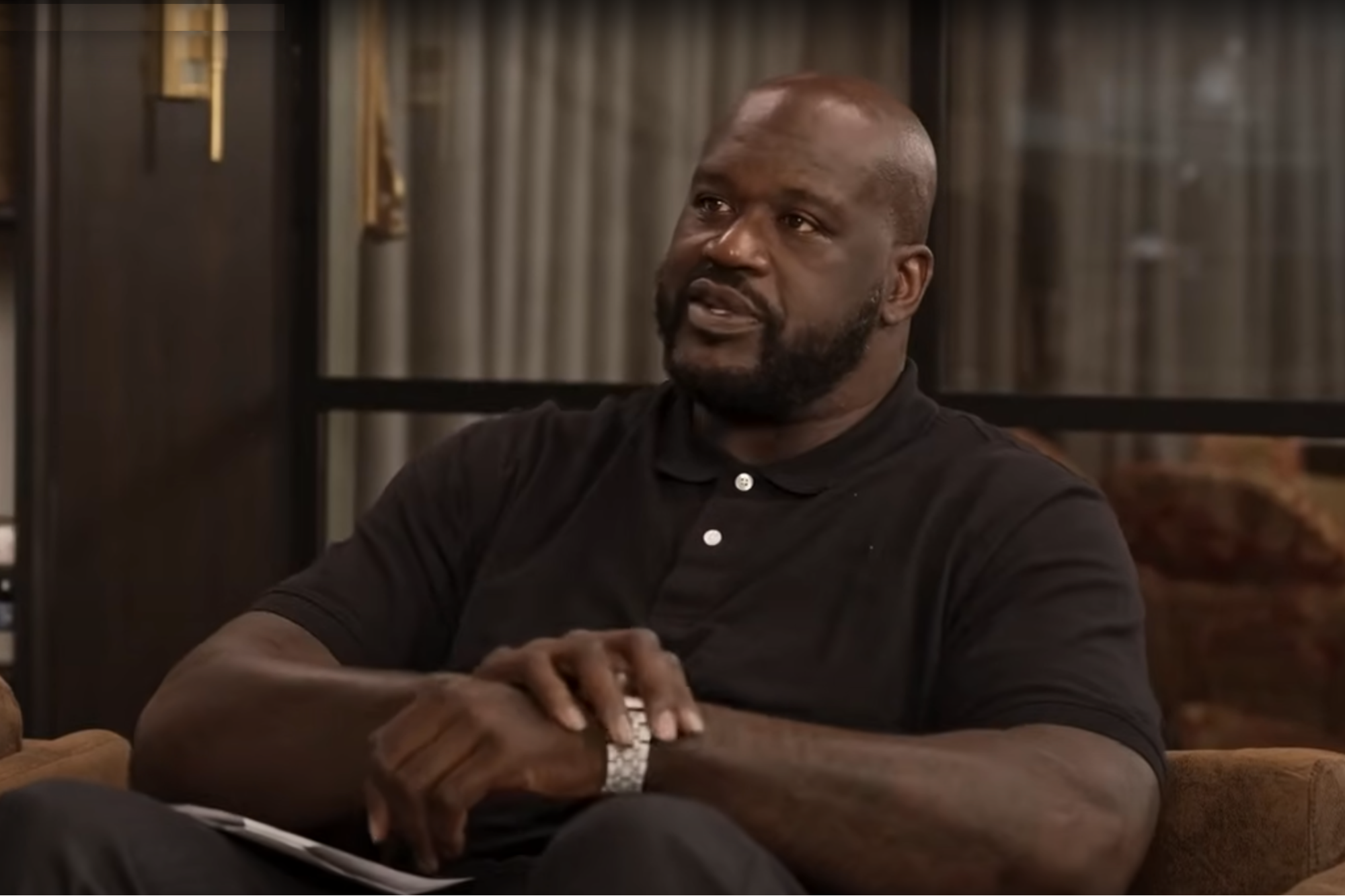Test Your Product or Service <I>First</I> It's not as expensive as you think--and it's crucial to your success.
Opinions expressed by Entrepreneur contributors are their own.
Q: I've created a new product that I think customers will really want to buy. At this point, I'm finalizing the packaging and marketing approach. What should I do next?
A: Like many enthusiastic entrepreneurs, you have a terrific idea for a new product or service, and you're rushing headlong to bring it to market. Just be sure you don't skip a vital step--testing. There's a big difference between thinking you have the next great idea and proving that it's something your target audience is willing to pay for. Some entrepreneurs skip the testing phase altogether because they think it's too costly or difficult. But there are many forms of affordable research, and even a modest amount of testing can make the difference between success and failure, whether you're launching a new product or service or simply want to increase sales for your business.
Use market research to answer questions, including:
- Who will be your customers?
- What are their characteristics, likes and dislikes, and purchasing habits?
- Do they presently purchase the kind of product or service you offer?
- How often, where and how?
- Are they brand-loyal?
- What product or service features will induce them to switch?
- How much will they pay?
- Which promotional programs will have the greatest appeal?
- Which product names, slogans and packaging do they prefer?
- Where do they learn about products and services like yours?
Mix It Up
Primary research can be quantitative or qualitative. Quantitative research, such as surveys, mall intercept studies and telephone polls, examines statistically projectable samples of a specific population and allows you to generalize your results to larger groups. Focus groups and personal interviews fall under the heading of qualitative research, which is more subjective and uses a smaller number of sample subjects.
Often, a combination of quantitative and qualitative research works best. Suppose you've just created a new product--an educational puzzle for children. You could start testing it with an online survey conducted among a sample base of parents with children in the proper age group. Then you could move on to informal focus groups. Rather than use a focus group facility and professional moderator, you could get the necessary qualitative information by inviting groups of parents and children to your home or office to play with your new toy. That way you could ask questions and observe consumer reaction at the same time with very little cost.
Or let's say you own a store that specializes in speedy delivery of window shades and blinds and are considering adding custom curtain design to your list of services. You could start with a survey of your current customers, focused on whether or not they'd be interested in the new service. This could be as simple as asking customers a question or two when they come into the store, or you could create a formal questionnaire. If you got a positive response, your next step might be telephone interviews with a sample base drawn from your targeted prospect group.
Find Qualified Help
To find a qualified research firm, visit www.quirks.com. This site provides a searchable database of companies that specialize in a broad spectrum of research types, including Web-based surveys, which are increasingly replacing phone, mall intercept and mail surveys, thanks to their quick turnaround time and dramatically lower costs.
In all, there's an effective form of research to suit every need. So to make sure your latest and greatest idea is the winner you're hoping for, put it to the test.












